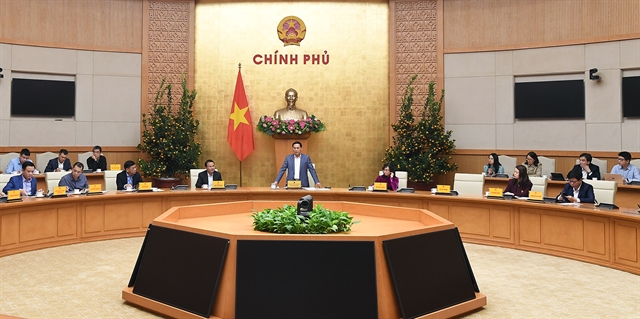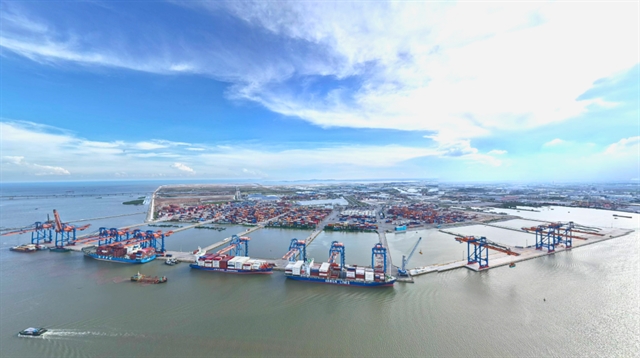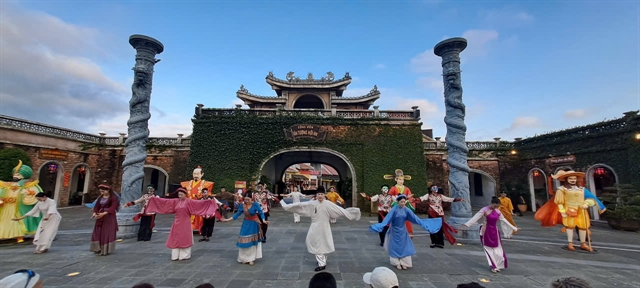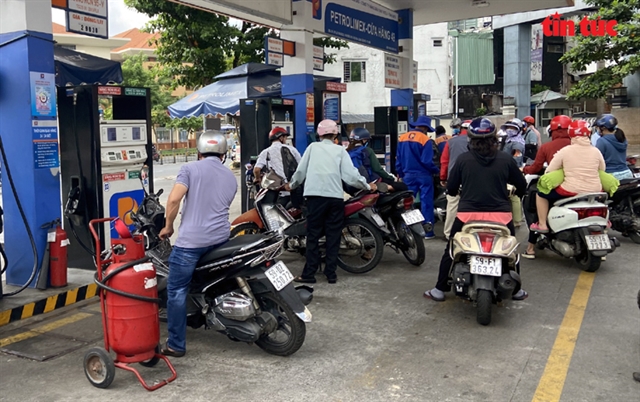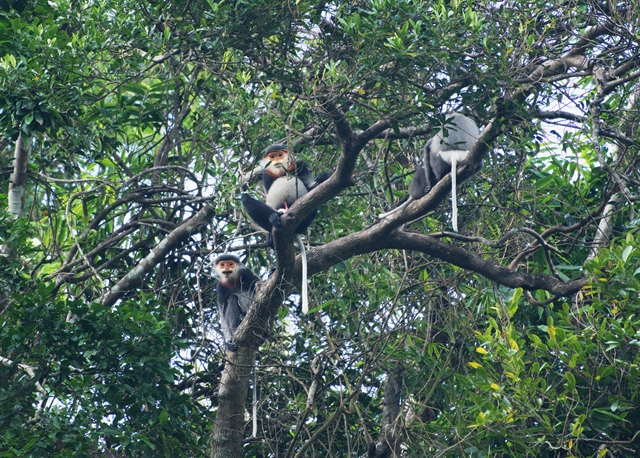 Environment
Environment
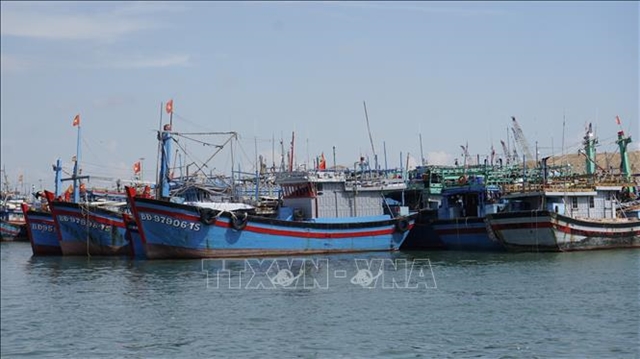
Water officials in the Mekong Delta were facing increasing challenges that required joint efforts from all stakeholders, scientists have said.
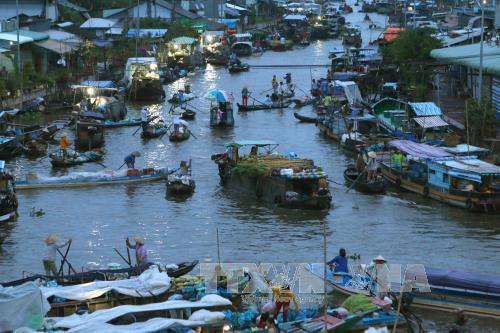
|
| Ngã Năm floating market in the Mekong Delta province of Sóc Trăng. — VNA/VNS Photo |
HÀ NỘI — Water officials in the Mekong Delta were facing increasing challenges that required joint efforts from all stakeholders, scientists have said.
Dr Lê Anh Tuấn from the Delat Research And Global Observation Network at Cần Thơ University said at a conference on Monday that major challenges included a shortage of trained staff, a basic database and funding, as well as insufficient flexibility and adaptability to both natural and human changes to the Mekong River.
Tuấn said it was crucial to manage and develop water resources based on those who used them.
“Governing bodies and water service providers should communicate with residents who directly use the river to properly develop and implement strategies on using and protecting the resource,” he said.
He also said they should boost co-operation in supervising the water quality while avoiding wastewater and reducing costs for using the resource.
Phạm Hữu Hào, former vice director of Đắk Nông Province’s Natural Resources and Environment, said in the Central Highlands where the basins of the Sê Kông, Sê San and Srepok rivers emerged, there had hardly been any organisation for stakeholders to work with on river governance.
“Farmers and power producers don’t have any voice relating to water resource governance,” he said.
Hào called for the foundation of a water resource organisation that listened to all opinions.
The organisation would also help to promote communication about protecting water resources.
Dr Lê Đức Trung, secretary of the Việt Nam National Mekong Committee’s Office, said the committee had co-operated with social organisations, non-governmental organisations and communities on Mekong water governance in the contexts of socio-economical development in the upper parts of the river as well as climate change.
Trung said their co-operation had helped make key decisions in developing and protecting water resources in the Mekong River basin.
The Mekong Delta receives 85 per cent of its total water volume from main Mekong River. Almost all daily activities and agriculture and fishery production in the delta rely on the river.
The Mekong Delta covers four million hectares and is home to over 20 million inhabitants, accounting for 21 per cent of the country's population. — VNS

